I’ve been out door-to-door selling GAA tickets in recent nights.
It’s the big fundraiser push every year, the Model County draw, where the county board puts up the prizes, each club sells the tickets in their own parish (and across the planet to the diaspora - I’ll be disappointed if someone hasn’t stung Joe Biden for one). The proceeds are divided between club and county.
The point is, when you find yourself going to every house in your own area, you are struck by how many empty houses there are.
And we’re talking about Ferns, little more than an hour from Dublin, with a decent bus service to boot. This isn’t rural isolation at play, it’s something else.
Reasons
In fact, it’s probably an accumulation of a number of things. Some houses are temporarily empty between occupants/tenants - full employment is considered to be 96% or so statistically, so perhaps full occupancy is a similar number.
Some houses may be under repair or renovation. It could be that people are away for work or pleasure when we call.
A few may be pulling the curtains and turning off the telly at our approach - the tickets are €50.
I think there might be another factor at play, though. There seem to be quite a few houses unoccupied that seem eminently rentable at a time when we are experiencing an acute nationwide shortage of accommodation.
And I think I might know one potential problem. If a house within a family becomes unoccupied due to a death, migration or for any other reason, there often is someone within the family who may want to occupy that house in the near future.
And there is a fear that renting a house could see a dilemma when there are tenants in residence and Johnny is coming home from Australia.
The other issue is that the tax on house rental is fairly punitive.
Of course, if you are a company with 50 or 1,000 properties, then you only pay profits at corporation tax levels.
It is a higher 25% rate for “non-trading income”, but if you are paying tax on rental income as a PAYE worker or a sole trader, then it’s 40%.
That’s a level of taxation that the empirical evidence would suggest sees a lot of Irish owners of single properties decide it isn’t worth the bother.
It seems perverse that the big rental corporations currently outbidding young families for houses are paying a lower tax rate than someone with an extra property on their hands, often for a relatively short period, but that’s how the system operates.
Vacant site levy fiasco
This all seems very peripheral to farming, I hear you say. Well, yes and no.
If you are one of the 120,000 farmers who don’t have land that has been potentially subject to the vacant site levy, you mightn’t see a link between the housing shortage, the defining crisis of this country over the last decade, and farming.
However, if you were the Wilsdons, Mulhalls or Phelans in Kilkenny, you might feel that link viscerally.
Those families had to fight a two-year battle with their own local authority over the placing of actively farmed land on the vacant site register, which made it subject to the levy.
I’m not sure they would have succeeded had it not been for the presence of local TD John Paul Phelan as minister of state on the relevant department - Local Government and Electoral Reform.
Or how about Allan Navratil in Cork. He was obliged to pursue his case against Cork County Council through An Bord Pleanála and then into the High Court, where the octogenarian achieved what can only be described as a resounding victory.
When we last talked, he was still waiting for his local authority to pay over the costs he had been awarded, heading for two years after the judgment was delivered.
The tax was an eye-watering 7% annually of the assessed value of the site
In the end, no doubt in part as a result of the actions of the aforementioned, the vacant site levy and associated register was scrapped.
What was announced as a measure designed to free up land for development to help address the shortage of housing ended in little short of farce.
Farmland was on the register and subject to the tax, while the unfinished part of a half-finished housing estate and derelict land going to waste was not. In addition, developers could escape paying tax by pleading inability to pay.
The tax was an eye-watering 7% annually of the assessed value of the site. As the valuation was based on the land’s development value, this was sometimes a high proportion of the agricultural value of the land. To be paid every year.
Anyway, it’s been scrapped now, so happy days, right?
Well, no. The vacant site levy has been replaced by the residential zoned land tax (RZLT from here on, folks).
This was announced last year, and all farmland which has been zoned as suitable for residential property was considered liable for this tax.
An out, for some
Farmers were given an out - to have the land de-zoned, but had to apply for this process to be undertaken before the end of 2022. Hundreds of farmers did just that.
There is another potential out. Land must be considered as serviced to be liable for the tax. But this is a subjective measure that local authorities may interpret in vastly different ways.
There may have to be more Allan Navratils, with the resources and the determination to take on the State and its agencies in court on a matter of both law and principle.
In total, 1687 farmers have contested the potential placing of their lands on the list for the RZLT.
Some who sought to have their land dezoned have been successful others have had that request declined, and are faced with an appeal to Bord Pleanála as the next step, as my colleague Barry Murphy has been reporting.
None of this is simple; everyone accepts the need to have land zoned for development, be that residential, industrial or amenity for that matter.
However, looking at the maps around the country of where land is zoned, there seems to be no consistent pattern.
Some towns have little more than a ring around them; others have parcels so specific it looks like one of those gerrymandered electoral districts in the US.
But many farmers with zoned land say there is no demand for their land. They’ve never had a bid from a developer, and they don’t see why they should be forced into advertising it as for sale when all they want to do is farm it in peace.
If the tax is imposed, they have no way of putting the land into the residential market.
Even the stakes
So, I have a proposal. If a local authority zones a parcel of farmland for development, and if they then impose a 3% tax on that land, and if the landowner says there is no interest in that land, the local authority should have to put their money where their mouth is.
They should have to buy that land from the owner. They should have to pay the value they imposed on the land when assessing it for the RZLT.
And as this is effectively a compulsory purchase, the conditions that apply to such transactions should be in place here, and the supplementary payments to cover costs/losses endured by the landowner in the public interest should be covered.
This would bring some balance to the equation where this tax is concerned. Because as far as I can see, as things stand, the local authority is holding all the cards, and is the dealer, while the only person with a stake sitting on the table is the hapless landowner.
Fair is fair, right?




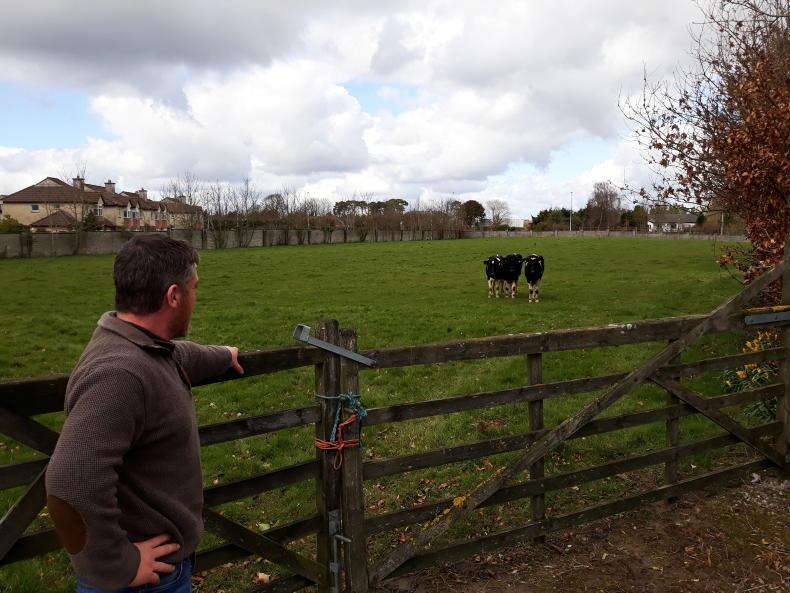
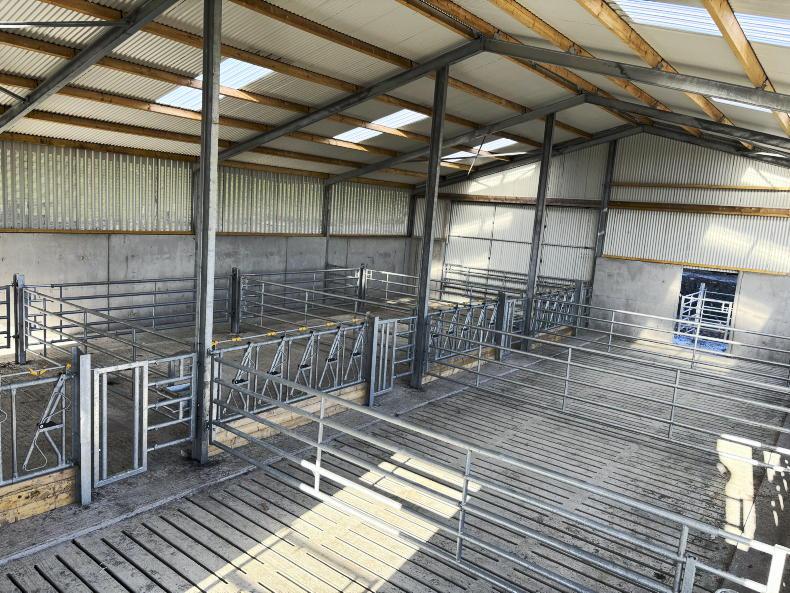

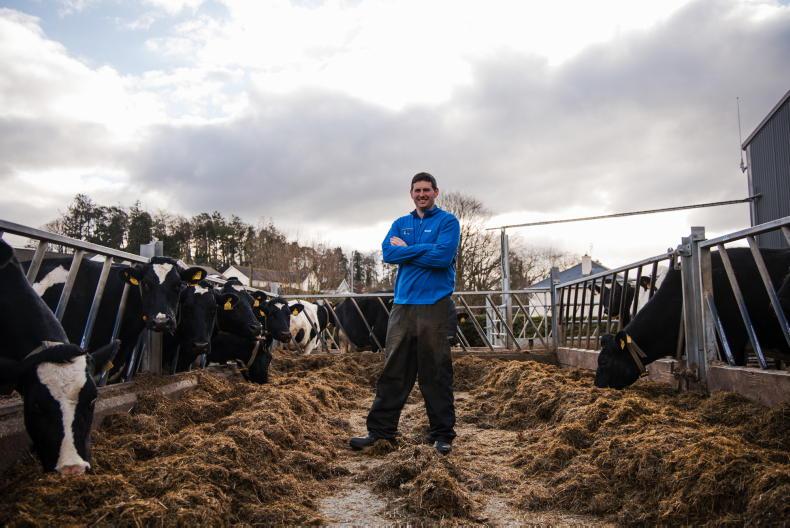
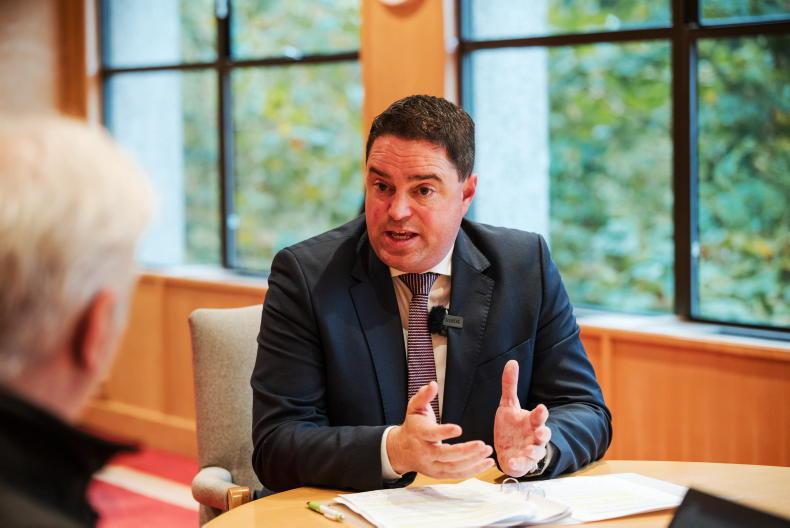
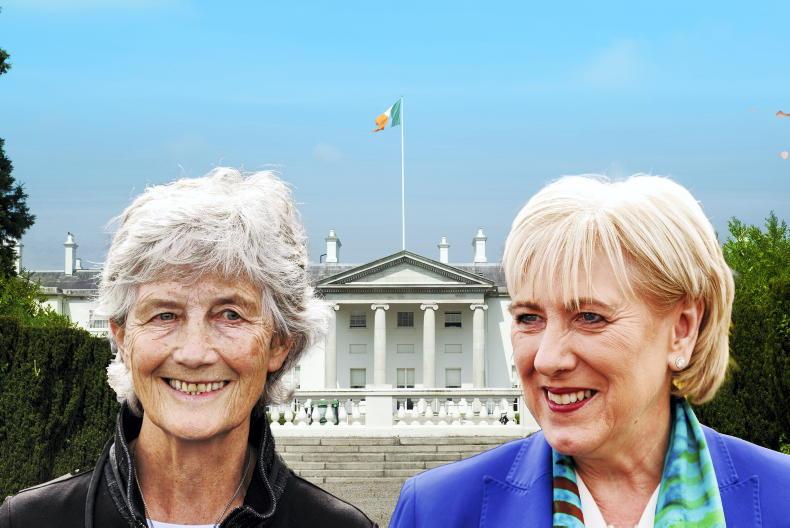
SHARING OPTIONS